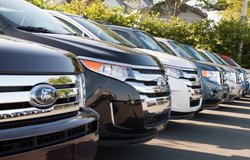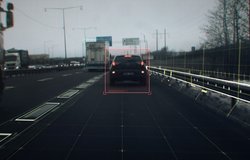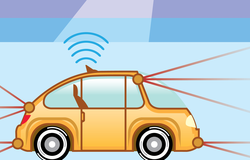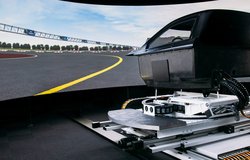Eight predictions for the connected car market by 2020

(c)iStock.com/1Photodiva
Connected car solutions company Abalta Technologies has released eight predictions for the connected car market in the run up to 2020 that provides insight on development and growth in the sector.
The eight predictions for the market are:
- New connected car traffic solutions will finally deliver: The report argues that, in the future, traffic management systems will be part of the transportation infrastructure – but for the time being, swarm intelligence systems enabling drivers to alert each other of real-time traffic conditions will have “an immediate positive impact” on traffic...











